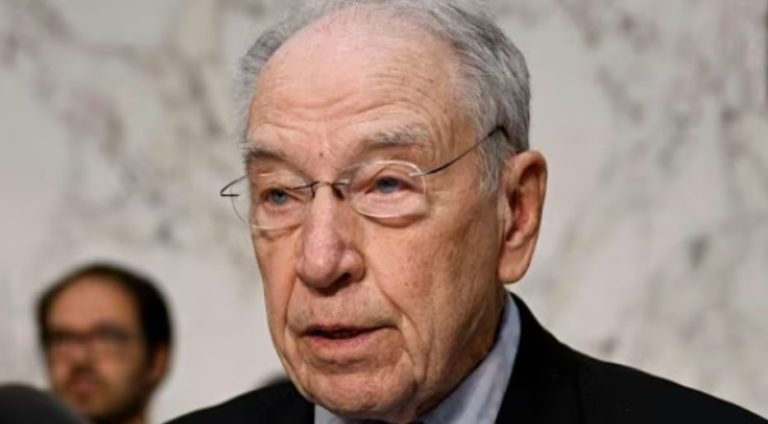It looks like his CNN job isn’t all Don Lemon lost. He’s hitting new lows that are shocking to even his close friends.
And now Don Lemon lost his mind on camera with this outrageous claim about Donald Trump.
Questioning the 2024 Election: Legitimate Concerns or Sour Grapes?
On a recent episode of The Don Lemon Show, former CNN host Don Lemon and comedian Kathy Griffin stirred controversy by casting doubt on the integrity of the 2024 presidential election, decisively won by President Donald Trump. Griffin, in what she dubbed her “tin foil hat moment,” boldly stated, “I’m Kathy Griffin and I do not think Trump won in a free and fair election.”
She speculated about potential tampering, vaguely pointing to “the Elon [Musk] connection” or “a few good old boys in the South” as possible culprits. While Griffin admitted her claims might irk some Democrats, she insisted her instincts told her something was amiss. However, such assertions, lacking concrete evidence, risk undermining the clear mandate voters delivered to Trump, who swept every swing state in a historic victory.
Lemon’s Hesitant Agreement Fuels Speculation
Don Lemon, while not fully endorsing Griffin’s rigging allegations, lent credence to her skepticism, saying, “You’re not far off,” and “I won’t say that I disagree with you.” He acknowledged, “I’m an evidence person. I’d like to see the evidence. I think something was off,” pointing to cryptic campaign statements like “we’ve got this” or “I don’t need your vote.”
Lemon also referenced Trump’s remark, “Vote for me, and you won’t have to vote again anymore,” which he and Griffin found suspicious. Yet, these comments could simply reflect Trump’s characteristic bravado and confidence in his voter base, rather than any nefarious intent. Without substantiation, such speculation may come across as reluctance to accept the electorate’s resounding support for Trump’s agenda.
Echoes of Past Controversies and Democratic Disarray
Griffin’s claims echo similar sentiments from actress Rosie O’Donnell, who in March questioned Trump’s clean sweep of swing states, citing his relationship with Elon Musk. O’Donnell remarked, “I question why the first time in American history a president has won every swing state and is also best friends and his largest donor was a man who owns and runs the Internet.”
Such accusations, however, overlook the robust voter turnout and enthusiasm for Trump’s platform, which resonated widely across diverse demographics. Griffin, no stranger to polarizing acts, faced backlash in 2017 for her infamous stunt involving a fake, bloodied Trump head, which triggered a Secret Service investigation.
Her latest remarks seem to align with a pattern of provocative statements, potentially overshadowing the Democratic Party’s need to regroup and strategize after their 2024 electoral setbacks.
Trump’s Triumph and the Burden of Proof
The discussion on Lemon’s show highlights a broader struggle among some Democrats to grapple with Trump’s commanding victory. While Griffin and Lemon raise questions about electoral integrity, they offer no tangible evidence to support their claims, risking accusations of sour grapes.
Trump’s campaign, buoyed by a clear voter mandate, capitalized on widespread dissatisfaction with the status quo, delivering a message that resonated from coast to coast. Allegations of rigging, especially without proof, may serve only to deepen divisions and distract from the Democratic Party’s need to reflect on why their message failed to connect.
As Trump prepares to lead with a strong hand, the onus remains on critics like Griffin and Lemon to substantiate their claims or risk being dismissed as unwilling to accept the will of the American people.
Moving Forward: Unity or Continued Division?
The 2024 election showcased Trump’s ability to unite a broad coalition of voters, from working-class communities to tech-savvy supporters, many of whom saw his leadership as a return to American strength.
In contrast, the Democratic Party appears mired in internal debates and speculative theories, as evidenced by Griffin’s and Lemon’s remarks. While questioning election processes is a democratic right, doing so without evidence risks eroding public trust in the system—a system that, in 2024, delivered a clear verdict in Trump’s favor.
As the nation moves forward under Trump’s leadership, the focus should shift to constructive dialogue and policy solutions, rather than unsubstantiated claims that could further polarize an already divided electorate.












